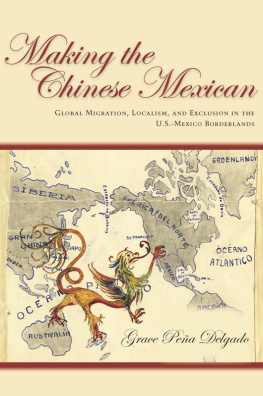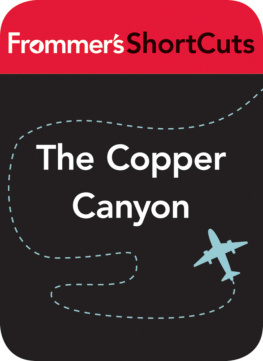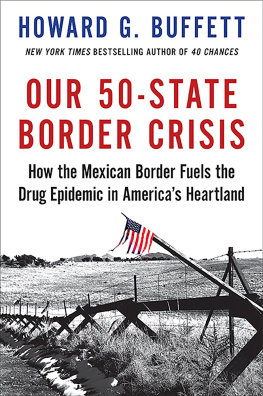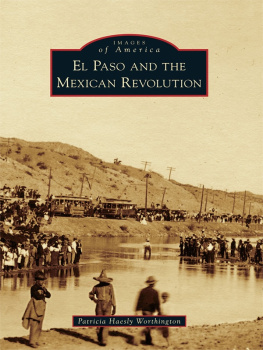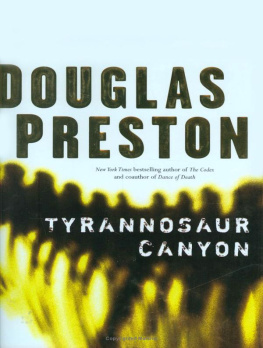Thank you for buying this ebook, published by NYU Press.
Sign up for our e-newsletters to receive information about forthcoming books, special discounts, and more!
Sign Up!
About NYU Press
A publisher of original scholarship since its founding in 1916, New York University Press Produces more than 100 new books each year, with a backlist of 3,000 titles in print. Working across the humanities and social sciences, NYU Press has award-winning lists in sociology, law, cultural and American studies, religion, American history, anthropology, politics, criminology, media and communication, literary studies, and psychology.
Fire in the Canyon
NEW YORK UNIVERSITY PRESS
New York and London
www.nyupress.org
2013 by New York University
All rights reserved
References to Internet websites (URLs) were accurate at the time of writing.
Neither the author nor New York University Press is responsible for URLs that may have expired or changed since the manuscript was prepared.
For Library of Congress Cataloging-in-publication data,
please contact the Library of Congress
ISBN: 978-0-8147-5937-0 (cl.)
ISBN: 978-1-5836-7315-7 (pbk.)
New York University Press books are printed on acid-free paper, and their binding materials are chosen for strength and durability. We strive to use environmentally responsible suppliers and materials to the greatest extent possible in publishing our books.
Manufactured in the United States of America
10 9 8 7 6 5 4 3 2 1
Also available as an ebook
ACKNOWLEDGMENTS
Although those of us in academia often work under the illusion of individualism, I am deeply aware that this book is a social product that could not have come into being without the vision, inspiration, and support of many, both within and outside of the university setting. Above all, I would like to extend my gratitude to the members of the community of El Alberto, on both sides of the border, who have contributed to this work in diverse ways. I thank those who offered their stories and wisdom in interviews, as well as those who extended hospitality, friendship, and support during my visits to the town and during my time in Phoenix. I offer this work in the hope that it will contribute toward the communitys larger goal of deepening public understandings of migration. Special thanks go to the Bautista, Santiago, and Moran families, as well as to the pastors and congregations of Templo Bethel in El Alberto and Bethel Centro Familiar Cristiano in Phoenix.
I extend a heartfelt thanks to Manuel Vsquez and Robin Wright in the Department of Religion at the University of Florida for their mentorship and feedback on the manuscript, as well as to Philip Williams and Pablo Vila for their careful reading and insightful comments. I thank the other graduate faculty of Religion at the University of Florida, especially David Hackett, whose kind advice taught me to distinguish between necessary and unnecessary suffering, and Anna Peterson, whose graduate seminar on Religion and Social Change helped lay the theoretical foundations for this project. I extend thanks to Anne Newman and Ronald Ozbun for their practical support, to the faculty and staff at the University of Florida Center for Latin American Studies, and to the Tinker Foundation for the grant that financed my first research visit to El Alberto. I thank Tom Peterson for passing along a fascination for the study of ritual in his excellent seminars at Alfred University, and I thank my mentors at Wilfrid Laurier University, especially Ron Grimes, Carol Duncan, and Janet McClellan.
My colleagues at Arizona State University have provided a supportive and stimulating intellectual environment as I have worked to complete this project. I extend special thanks to Joel Gereboff, Tracy Fessenden, Carlos Vlez-Ibez, and Cecilia Menjvar for their advice and insight. I am grateful to Stephanie Bilinksy and Martha Hernndez for their research and transcription assistance, and I extend my appreciation to Bradley DeBiase, Eric Breault, Michael Broyles, Derek Schuttpelz, Alana Vehaba, Matthew Wilson, and Shawn Worden for their illuminating comments in my Religion, Migration, and Mobility in the Americas graduate seminar at ASU.
A fellowship through the Institute for Humanities Research at ASU provided invaluable support for this project during the 20112012 academic year. I am grateful to IHR Director Sally Kitch and Assistant Director Kathy Holladay, as well as to IHR fellows Andrea Ballestero, Wei Li, Franscoise Mirguet, Yajaira Padilla, Claudia Sadowski-Smith, and Sujey Vega for providing a supportive intellectual environment as I worked through many of the ideas contained within this book. I also received valuable feedback from colleagues Evelyn Cruz, Jennifer Glick, Luis Plascencia, Carlos Santos, and Marie Provine, who were involved in an Immigration Research Cluster made possible by support from the Institute for Humanities Research at ASU.
I extend my thanks to colleagues outsides of ASU who have commented upon chapter drafts, as well as those who have shaped the books direction through conversations about religion, life, death, the U.S. Mexico border, and everything in between. I thank Robinson Herrera, Richard Ramsay, Ella Schmidt, David Charles Wright Carr, Tex Sample, Andrew Paxman, and Rose Caraway for reading and responding to chapter drafts. I extend a special thanks to Rose Caraway and Robin Globus for their continued friendship and for the many insights our conversations about religion have helped to uncover over the years. Thanks to Eleanor Finnegan, Greg McElwain, and my other colleagues at the University of Florida, and thanks to the many people outside of the academy whose challenging questions and creative insights have expanded this project, including Purificacin lvarez, Laura Basualdo, Margarito Blancas, Julie Cruse, Raymundo Martin, Alfonso Martnez, and Chris Zurheide.
I am grateful to Jennifer Hammer, my editor at New York University Press, for her consistently prompt and insightful guidance. I also extend thanks to fellow researcher Guadalupe Rivera Garay and to the staff at Hmuntsa Hemi in Ixmiquilpan, who have offered valuable research support, and to Yolanda Lastra, Vernica Kugel, and the other organizers of the Colloquio Sobre Otopames for providing a supportive intellectual community in Mexico.
Throughout the writing process I have had the privilege to share my intellectual journey with those who are engaged first-hand in the struggle for immigrant rights at the U.S.-Mexico border and in the United States. To the good folks at Annunciation House, the Gainesville Catholic Worker, the Restoration Project, Puente, and the Arizona Interfaith Alliance for Worker Justice, I owe heartfelt thanks for the reminder that the best knowledge is that which is applied toward fostering spaces of loving community and justice in the world. Finally, I am deeply grateful for the support and understanding of my family. My mother, Melissa Sarat, has passed along a spirit of creativity and a deep appreciation for the art of storytelling, and my father, Frank Sarat, has shared his love of writing and adventurous spirit. I thank my sister, Evangeline Sarat, for setting a fearless example of how to put ones dreams into action, and I thank my extended family, especially Yheva, Saul, and the Blackburn, Martin, and Taylor families, for their ongoing love and support.


